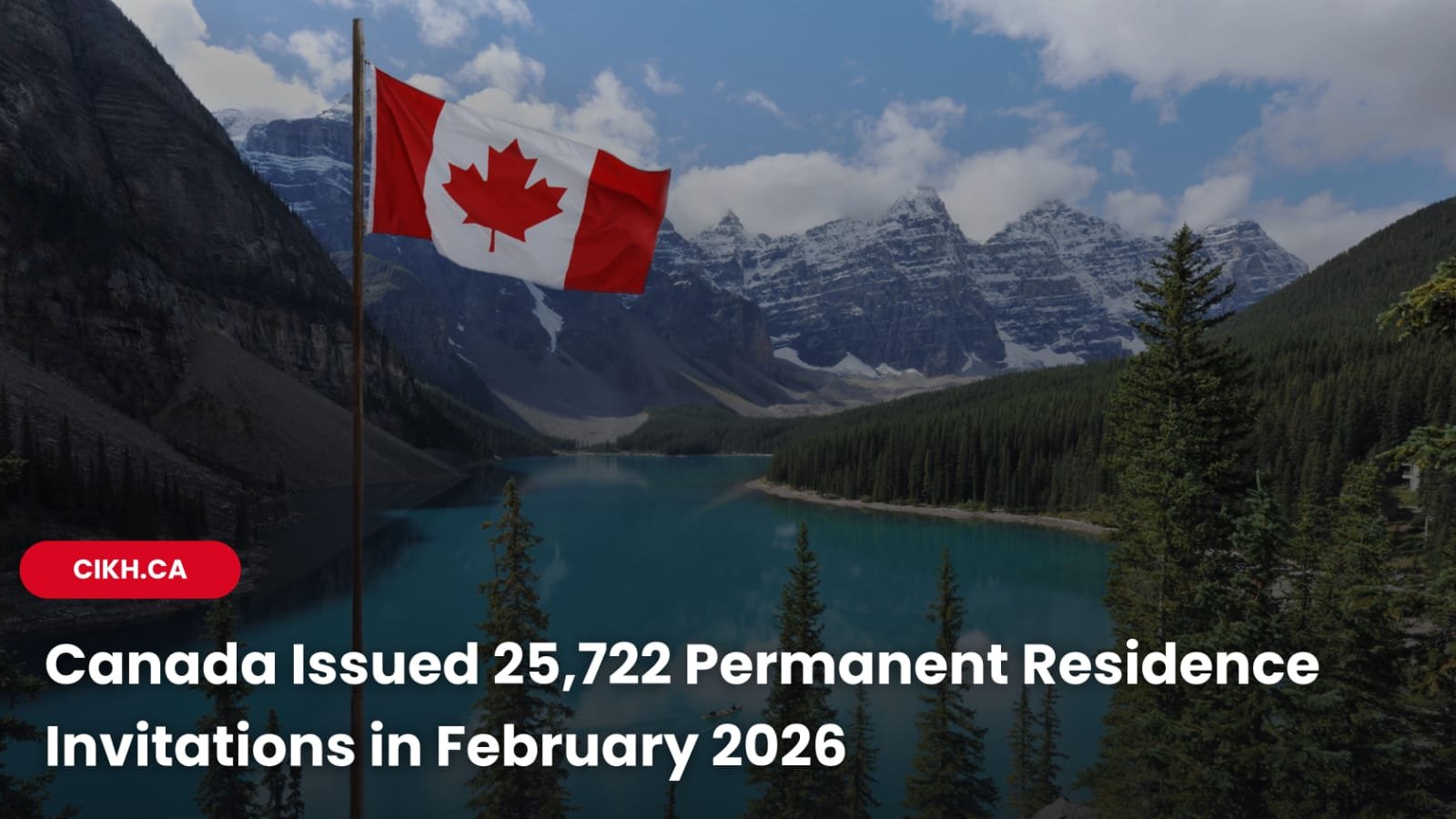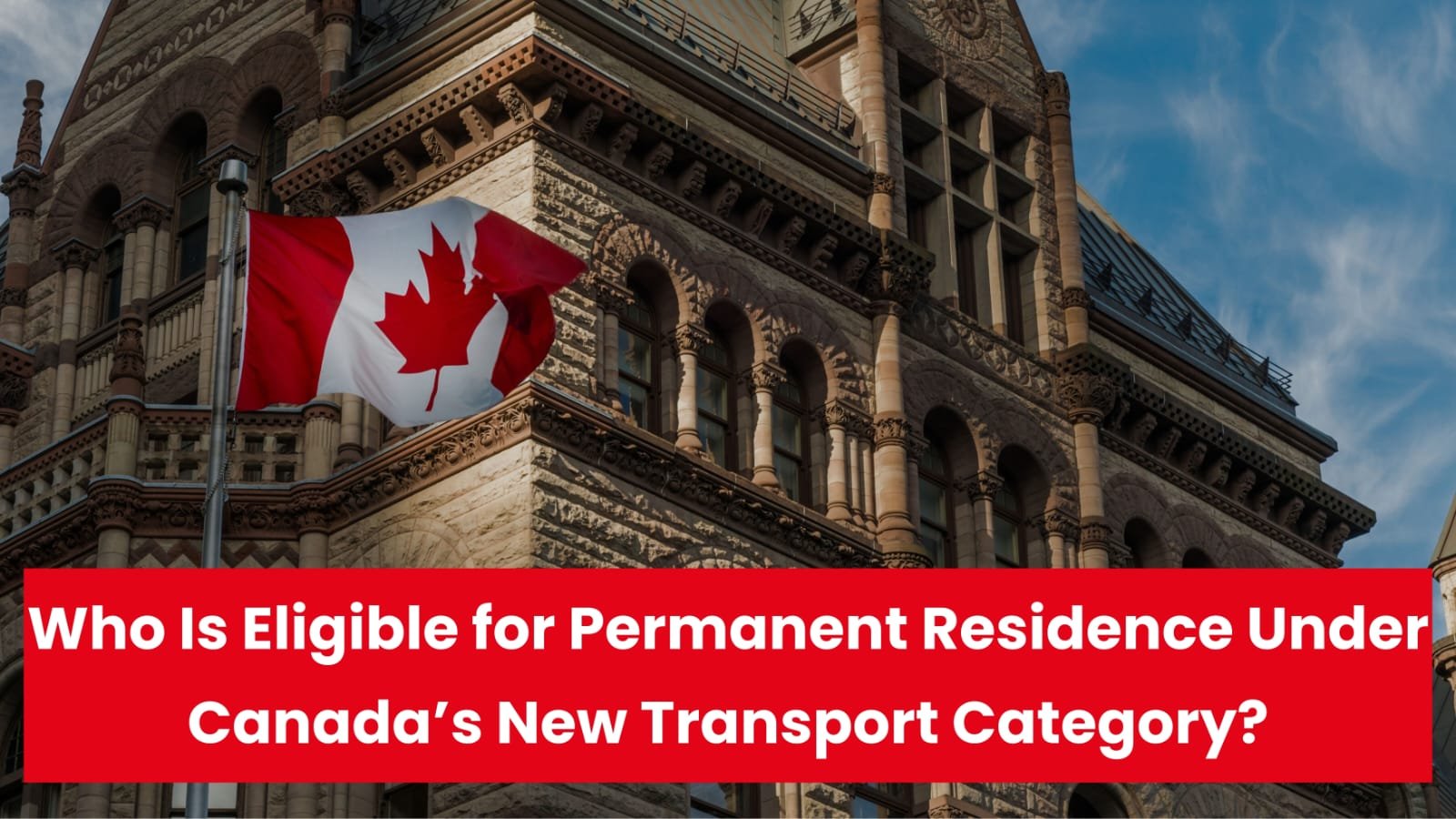Individuals whose Canadian study permit applications were denied may soon benefit from a new pilot initiative. The Federal Court of Canada has introduced the Study Permit Pilot Project, which aims to simplify the process for requesting a judicial review of rejected study permit applications. The project begins on October 1.
Under the pilot project, individuals applying for leave and judicial review of their rejected study permits may complete the process in less than five months, compared to the current 14-18 month timeframe. This process involves seeking permission from the Federal Court of Canada to challenge an immigration decision.
Normally, a judge first decides whether to grant leave (permission) for the judicial review to proceed. If granted, the case is then reviewed based on its merits. However, under the new Study Permit Pilot Project, both the leave request and judicial review will be considered simultaneously.
There is no extra cost to participate in the pilot, though the fee to file for leave and judicial review remains $50.
Who is eligible?
Students may qualify for the Study Permit Pilot Project if they applied for a study permit and received a refusal letter from Immigration, Refugees, and Citizenship Canada (IRCC). The eligibility criteria include:
- Both the applicant and IRCC must agree to participate in the pilot project.
- Both parties must agree on the facts, as outlined in the applicant’s submitted materials, including the reasons for the IRCC’s decision.
- The case must be straightforward, with no complex factual or legal issues, such as inadmissibility or national security concerns, and no request for a certified question.
- The applicant must not require an extension of time to file for leave.
- Affidavit evidence, which introduces new evidence, is not permitted under the pilot project.
Applicants submitting from within Canada have 15 days from the date of refusal to apply under the pilot, while those applying from outside Canada have 60 days to submit their application.
How to apply
All documents must be submitted online through the court’s electronic filing system. To participate, applicants need to submit an application for Leave and Judicial Review using Form IR-1, specifying the Pilot Project in three designated areas of the application. More information is available here.
Once the documents are filed, a judge will review the application and inform the applicant of the decision.
What are the reasons behind the Federal Court and IRCC implementing these measures?
In its press release, the Canadian Federal Court highlighted a rise in leave and judicial review requests as a primary reason for launching their collaborative pilot project with IRCC.
“The Federal Court is projected to receive 24,000 immigration filings by the end of December, which is roughly four times the annual average the Court handled in the five years leading up to the COVID-19 pandemic.”
There has been a surge of new policies regarding Canada’s acceptance of international students and graduates in 2024. The immigration department is aiming to address issues related to affordability and housing shortages by reducing the number of temporary residents (those holding study or work permits or visitor visas) already in Canada.
In January, IRCC introduced the first cap on international students, limiting the total number of newly issued study permits to 485,000 for 2024. Initially intended as a temporary measure, this policy affects most undergraduate and college students, while master’s and PhD students are exempt. The federal government has also allocated international student quotas to each provincial and territorial government based on this new cap.
In a recent policy update, Immigration Minister Marc Miller held a press conference on September 18, reaffirming his commitment to the international student cap and announcing several additional measures, including:
- A 10% reduction in the targets for newly issued study permits for 2025, lowering the number to 437,000.
- Inclusion of master’s and PhD students in the revised targets.
- A new language eligibility requirement for Post-Graduation Work Permits (PGWPs) for international graduates, contingent on their level of study.
- Restrictions on PGWP eligibility for college students, limiting it to those in programs related to areas of high labor demand.
- Limitations on Spousal Open Work Permits (SOWPs) for the spouses of master’s students, based on the length of the educational program.





